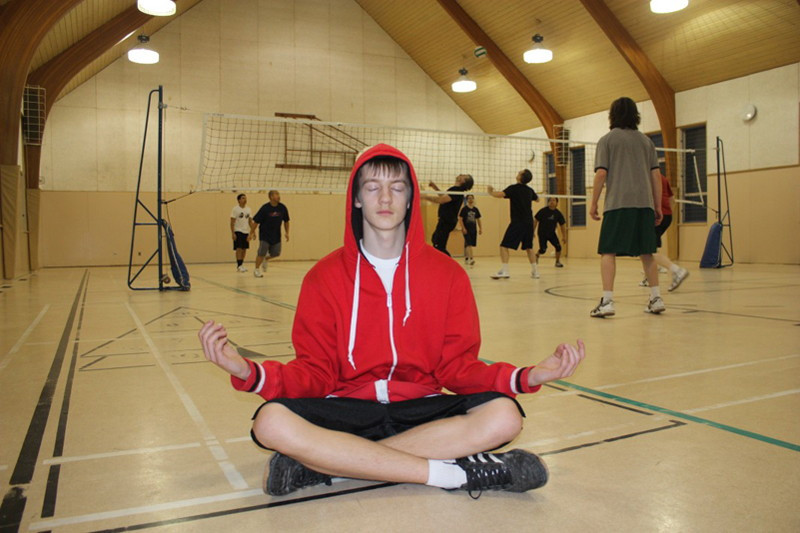Mind over muscle
Mentorships and sports psychology play crucial role in athletic success
As the nation watched Canadians collect medals in Vancouver, a trio of former Olympians were mentally preparing the next batch of podium-climbing hopefuls.
Podium First Consulting, founded by the 2008 rowing Olympic gold medallists Kyle Hamilton and Brian Price as well as national- and world-champion rower Winnipegger Jeff Powell, aims to mentor the minds of up-and-coming athletes in a variety of sports.
“Once you get to the elite level, mental preparedness is one of the determining factors,” Price said. “Bobsledders [in the Olympic Games] are coming down, and they’re missing medals by a tenth of second. It comes down to the mental side, either positively or negatively.”
With offices in Victoria and Winnipeg, Podium First offers an “elite mentoring” service that provides a 30- to 40-minute one-on-one Skype or telephone call with one of the three advisors once a week.
While Hamilton, Price and Powell have been working primarily with rowers, they are looking to expand into other sports, including hockey and football. The service costs $200 a month and provides an outlet for athletes to discuss emotional, life-balance and training issues with someone who has lived through it all.
“We’re not a coach. A lot of it is a mindset. You’re not always going to have a great day,” Price said. “That was a big thing for me. I thought I was the only one that had struggled, the only one that was struggling.”
Learning how to manage your emotions is a huge part of being able to compete at world-class levels, according to Dr. Adrienne Leslie-Toogood, director of sport psychology for Canadian Sport Centre Manitoba.
“For people that are competing at a high level, there are many components to success. What you eat is important, how you train physically is important,” she said. “But if you want to have success as a competitor, you have to embrace this kind of sports science.”
According to sport and performance consultant Chantale Lussier, Canadian athletes are understanding the power of mental preparation as part of their training regimen more than ever. Because of this, the sports psychology consulting sector has seen significant development.
For Lussier, it meant starting her own company, Elysian Insight, out of Ottawa in June 2009.
With an Honours BA in psychology and a minor in kinesiology from the University of Winnipeg, Lussier is working to augment her master’s in kinesiology with a PhD from the University of Ottawa’s faculty of education.
Her education mixed with her background as a graduate of the Royal Winnipeg Ballet’s teaching program makes Lussier’s consultations with a range of athletes, including dancers and nationally competitive tennis players, that much more valuable.
While athletes’ programs are specifically tailored for their goals, Lussier generally helps with goal setting, visualization and giving that outside perspective in order for them to better understand themselves.
“I’d be looking at their body language, their attitude on the court, how they react when they win or lose a point. Observation of an athlete on the court is so important,” she said.
Meeting with her clients once a week, often more frequently when preparing for a specific event, Lussier works to help athletes meet their session goals but truly aims to instil confidence.
“Ideally, by the time the big event comes, they won’t need me,” she said. “Ultimately, you’re trying to train an athlete to be self-sufficient.”
Published in Volume 64, Number 21 of The Uniter (March 4, 2010)







